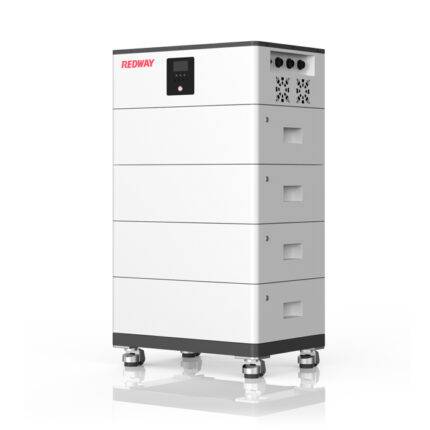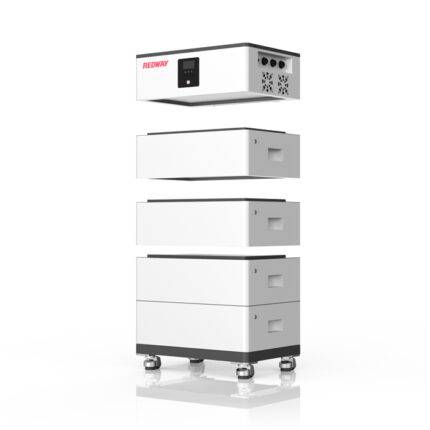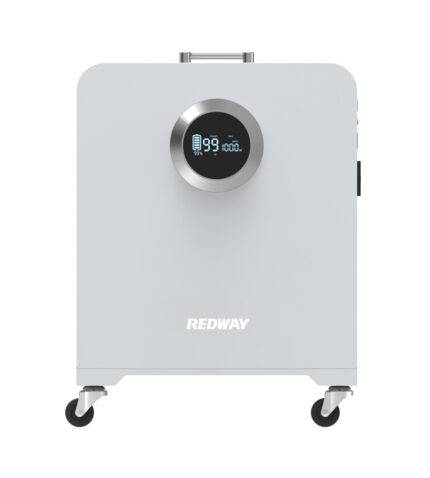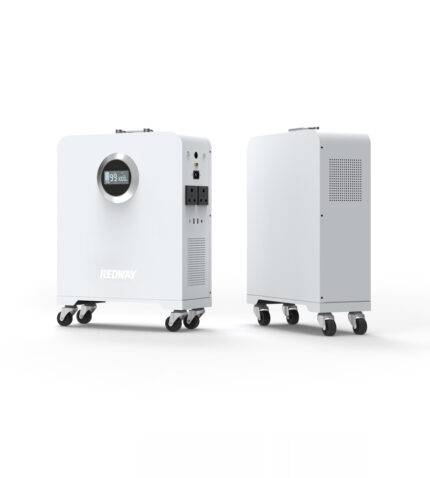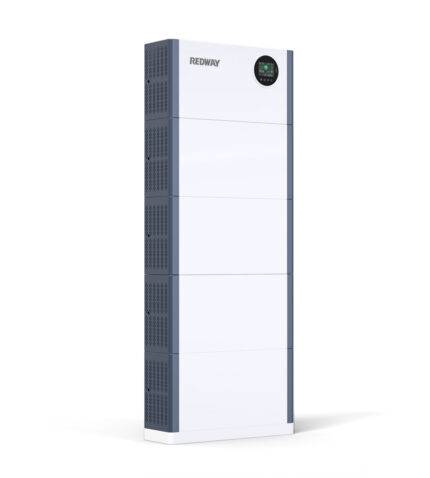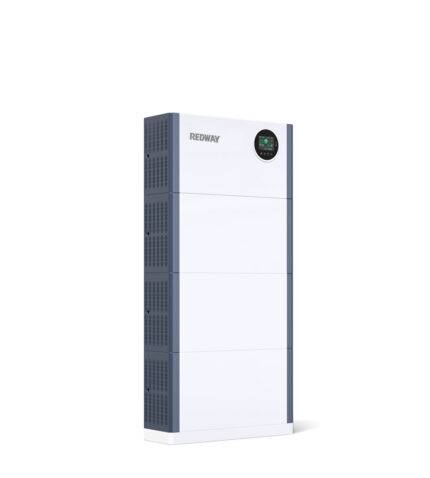Home ESS
- All products
- 96V Lithium Battery1 product
- CCA Starter Battery6 products
- Golf Cart Battery17 products
- Portable Power Station5 products
Best-OEM13 products
- 12V Lithium Battery19 products
- 24V Lithium Battery14 products
- 36V Lithium Battery6 products
- 48V Lithium Battery20 products
- 60V Lithium Battery8 products
- 72V Lithium Battery5 products
- PowerWall8 products
- Home ESS3 products
- eBike Lithium Battery2 products
- Lithium Battery Module19 products
- 217005 products
Home ESS Factory Wholesale - The Ultimate Solution! Redway is a pioneer in energy storage with its Low Voltage Lithium Battery Module, boasting UL1973 certification and an impressive 6000 cycles (DOD 80%). Compatible with major ESS Inverter Brands, it's ideal for Rack ESS Systems. Explore our 12 years of expertise in wholesale Home ESS and Deep Cycle LiFePO4 Batteries. Click below for details.
FAQs
Which is the best energy storage system?
Looking for the best energy storage system? The choice depends on various factors such as application, energy requirements, cost, and scalability. Battery energy storage systems, like lithium-ion batteries, offer versatility and high energy density. Pumped hydroelectric storage provides high capacity and long-duration storage. Other technologies, such as flywheel storage and thermal energy storage, have their own advantages. Consider your specific needs and consult with experts to determine the best energy storage system for your requirements.
What is the difference between ESS and Bess?
ESS, or Energy Storage System, comprises devices that store electrical energy for future use, ensuring a reliable electricity supply. It offers advantages like stable power provision and cost savings. On the other hand, BESS, or Battery Energy Storage System, specifically focuses on storing and distributing electricity through rechargeable batteries. BESS is a sub-category of ESS that utilizes batteries as the storage medium. Understanding these distinctions helps in making informed choices for energy storage solutions.
What is home energy storage?
It involves using batteries to store surplus electricity from renewable sources, like solar power, for later use. Rechargeable batteries, such as lithium-ion or lead-acid batteries, are controlled by intelligent software to handle charging and discharging cycles. Home energy storage systems optimize electricity use, support energy self-consumption, and provide backup power during temporary disruptions. With the ability to store and utilize clean energy locally, home energy storage promotes efficiency, reduces dependency on the grid, and ensures continuity in power supply.
What are the advantages of using a hybrid energy storage system Hess?
HESS combines different energy storage technologies to improve overall system performance. With increased energy capacity, higher power output, improved efficiency, and enhanced flexibility, HESS systems offer numerous benefits. They can store more energy, provide more power, and offer faster response times compared to single-technology systems. By optimizing energy storage, reducing costs, and providing fundamental capacity and ancillary services, HESS plays a crucial role in improving the performance and reliability of energy systems.
What is ESS energy storage?
ESS is a device or system that can store electrical energy for later use. It typically consists of batteries, inverters, and battery management systems (BMS). ESS allows for the storage and release of electrical energy, achieving energy balance and management. Different types of batteries, such as lithium-ion, sodium-sulfur, and lead-acid, are used in ESS, each with its own advantages. ESS finds applications in balancing grid supply and demand, peak shaving, market transactions, and integrating renewable energy sources.
How many types of ESS are there?
There are several common types of ESS available, including lead-acid batteries, lithium-ion batteries, flow batteries, hybrid systems, and supercapacitors. Lead-acid batteries are known for their reliability and cost-effectiveness, while lithium-ion batteries offer higher energy density and efficiency. Flow batteries are durable and scalable, while hybrid systems combine multiple battery technologies. Supercapacitors provide quick charging and discharging capabilities. The choice of ESS type depends on specific energy needs and preferences.
What are the three types of energy storage?
There are three main types: pumped heat electrical storage (PHES), compressed air storage (CAES), and flywheel energy storage. PHES uses an alternative thermal energy source to store electrical energy, while CAES stores energy by compressing air. Flywheel energy storage systems store energy as kinetic energy. Each type has its own advantages and applications, providing solutions for efficient energy storage and management.
What is the new type of energy storage?
New types of energy storage are revolutionizing the way we store and utilize energy. Hydrogen storage, with its abundant supply and low environmental impact, is emerging as a viable alternative to traditional batteries. Superconducting magnets provide stable and environmentally friendly energy storage solutions. Underground pumped storage offers a unique approach to storing energy below the surface. Advanced thermal energy storage utilizes innovative materials to store and release heat energy efficiently. These technologies represent the future of energy storage, providing cleaner, safer, and more efficient solutions for our energy needs.

